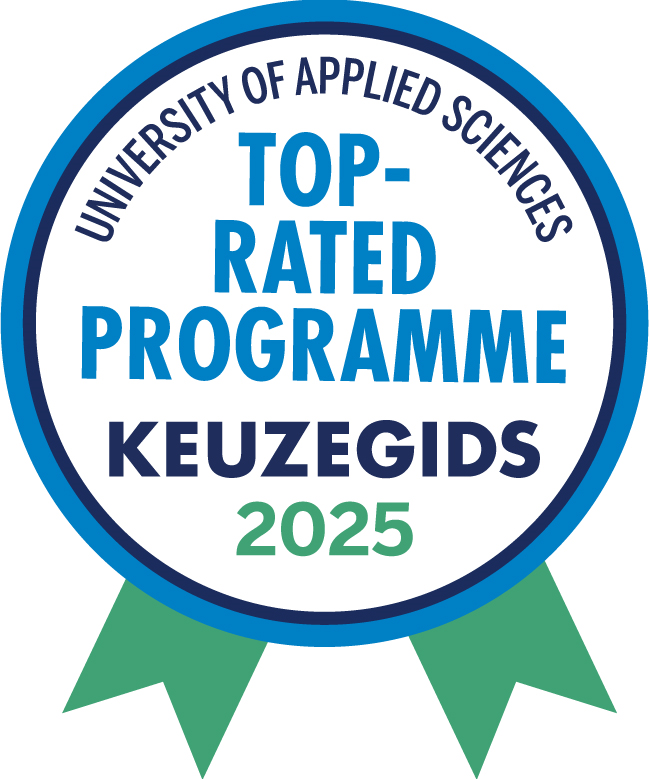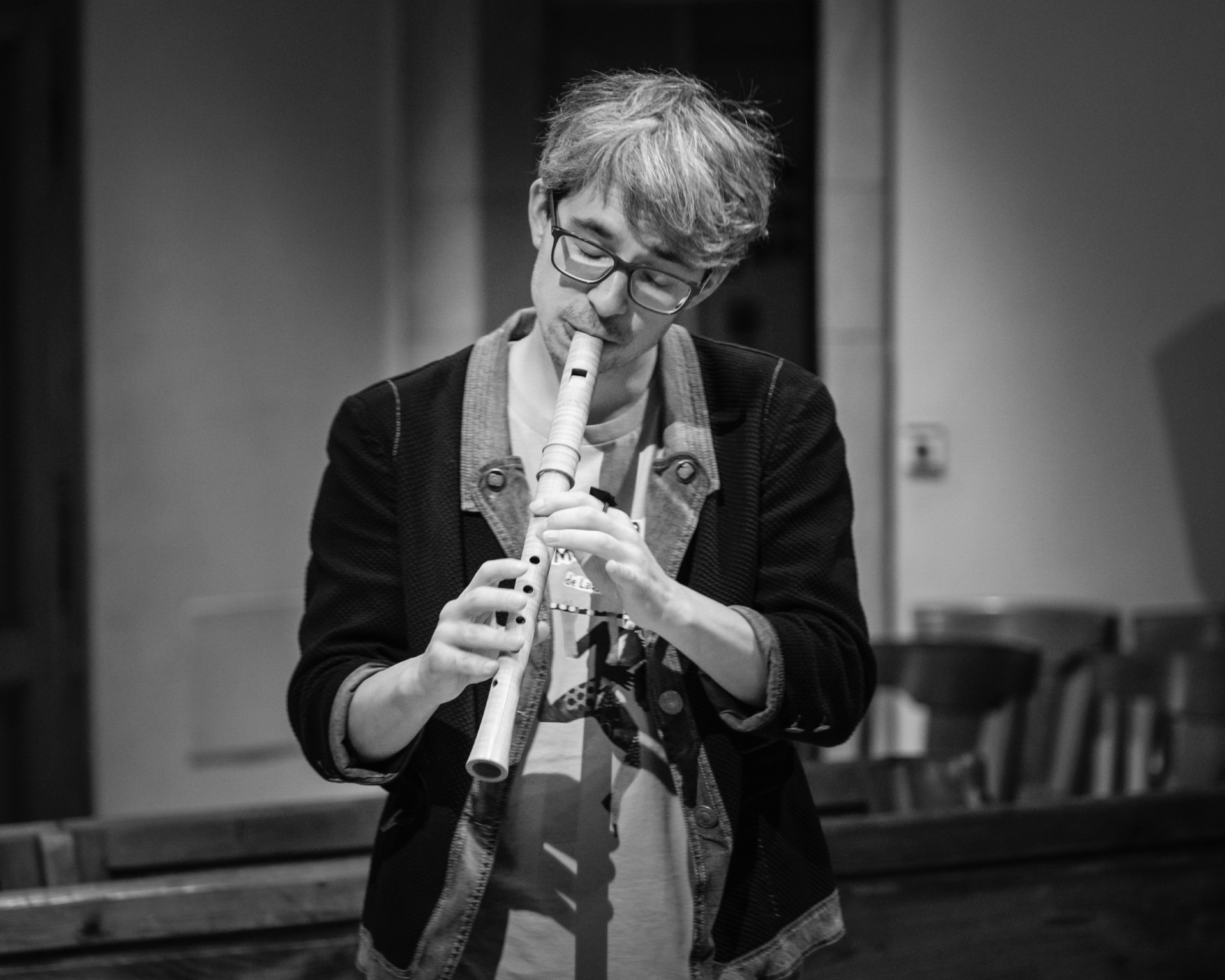Historical Performance Practice in brief
• Study music from a historical perspective• From the early Middle Ages, through the Renaissance to the Romantic era
• Conduct research to understand how music was performed in a particular time period
• Apply and integrate this research into your own musical practice
• Peer learning is the main focus; you learn through playing together
• Rely on a close-knit, international team of specialists
• Move from your bachelor’s to a master’s at HKU University of the Arts Utrecht
• This is a top-rated programme according to the Dutch study choice guide 'Keuzegids HBO' 2025

When is Historical Performance Practice the perfect choice for you?
An investigative and curious attitude is essential for a student of Historical Performance Practice. You are curious about the origins of a musical piece and what the composer intended when he wrote it. In your investigation, you take into account the political and social environment of the time the work was written, and whether this was done in a secular or religious context. As student, you are studying sources on a daily basis to find out what the music - of which no recordings exist and that were never put to paper via modern music notation – originally sounded like.Why study Historical Performance Practice at HKU?
Our teaching methods are characterised by being small-scale, enabling us to offer attention to your personal development. We take into account that every student has a different character and learning style. From day one, we focus on your personal desires and development goals and strive to support them in the best possible way. We work both towards generalisation and specialisation; you enhance the skill you already have, yet also focus on skills and knowledge you still need to obtain. You don’t have to do this all on your own: throughout your studies, you receive guidance from the principal teachers and various other teaching staff.As a Historical Performance Practice student, you are not isolated. You will meet many students from other departments and often perform together with them – both during regular classes as well as project weeks in which you investigate new subjects. For example, many students of Classical and Historical play together in chamber music ensembles. Students from other departments, both from the bachelor’s and master’s programmes, come to Historical Performance Practice to take secondary modules. And the reverse is also possible: as a student of Historical Performance Practice, you are free to take modules at the other departments of Utrechts Conservatorium.







